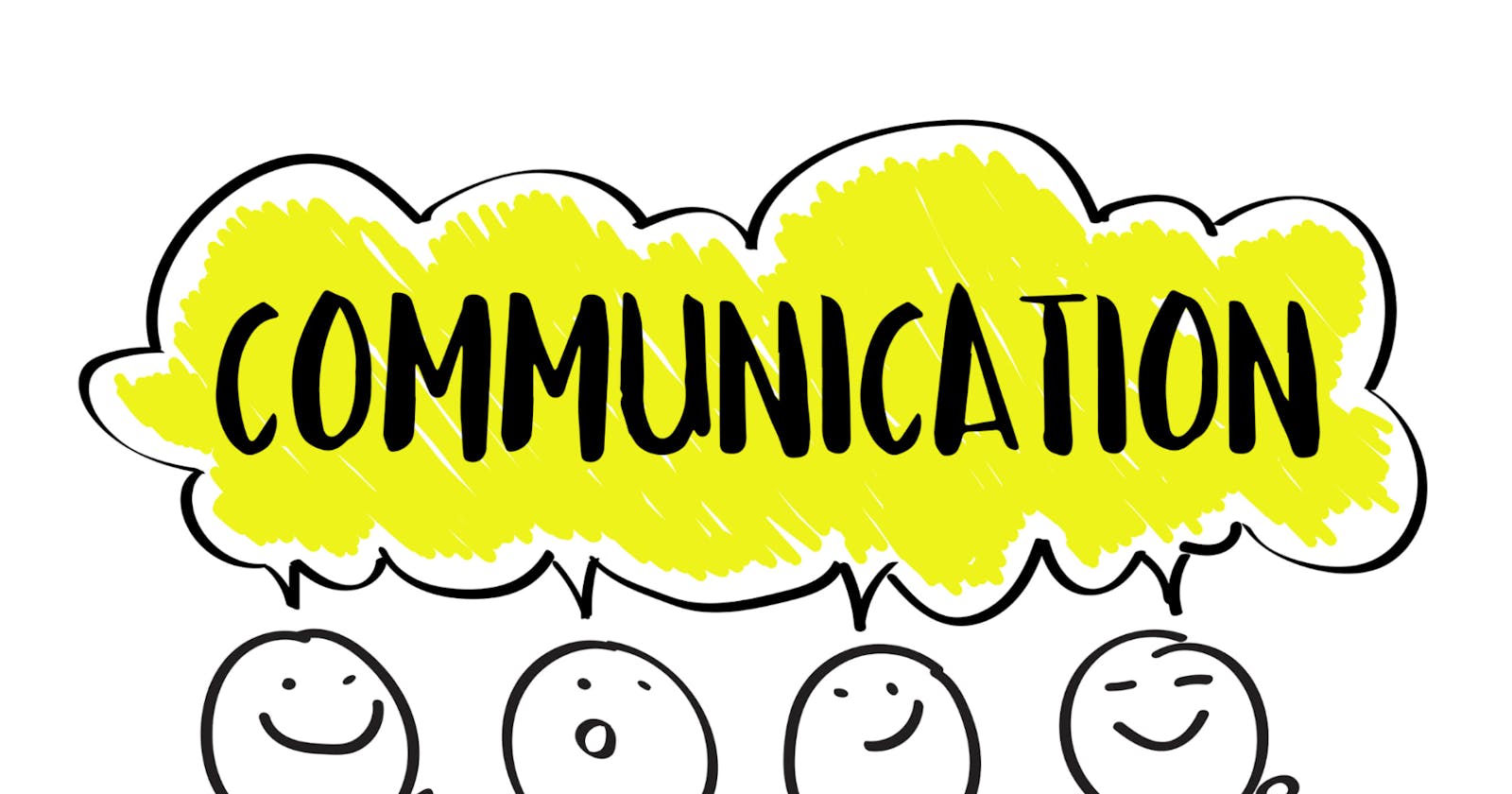Software engineering is a dynamic and intricate discipline that goes far beyond lines of code and algorithms. While technical skills are essential, at its core, software engineering is all about effective communication. Collaboration, comprehension, and conveying ideas play a pivotal role in creating successful software products. In this article, we explore how communication is the lifeblood of software engineering, enabling teams to align their efforts, solve complex problems, and deliver high-quality solutions.
The Collaborative Nature of Software Engineering
Effective software engineering demands collaboration among diverse teams. Engineers, designers, product managers, and stakeholders must work together to build cohesive software systems. Communication facilitates a shared understanding of requirements, specifications, and project goals, enabling teams to deliver results that meet expectations. By fostering an environment of open communication, teams can harness the collective intelligence and creativity of individuals, leading to innovative solutions.
Bridging the Gap between Technical and Non-Technical Stakeholders
Software engineers must bridge the gap between technical intricacies and the needs of non-technical stakeholders. They serve as intermediaries, translating complex technical concepts into understandable terms for clients, end-users, and business stakeholders. Effective communication ensures that everyone involved is on the same page, leading to better decision-making, reduced misunderstandings, and successful project outcomes.
Clear Communication Prevents Misinterpretations
One of the most challenging aspects of software engineering is building a product that truly matters to the customer. Often, software development teams face difficulties in creating the right product due to miscommunication between technical and business professionals. Miscommunication can result in misunderstandings, inefficiencies, and even software bugs. However, by prioritizing clear and concise communication, the risks of misinterpretations can be mitigated, and a shared understanding of requirements, specifications, and design patterns can be fostered. Effective communication by engineers enables the early identification of potential pitfalls in the development cycle, thereby preventing costly errors and rework.
Communication as a Problem-Solving Tool
Software engineering is inherently problem-solving-oriented. Effective communication is vital in tackling complex issues and brainstorming innovative solutions. Teams must be able to articulate their ideas, discuss trade-offs, and explore different approaches. By encouraging diverse perspectives and maintaining open lines of communication, engineers can overcome challenges more efficiently and arrive at robust solutions.
Communication in Conflict Resolution
In the fast-paced and rapidly evolving world of software engineering, conflicts can arise from various sources. Technical disagreements, competing deadlines, resource limitations, and changing project requirements are just a few examples of the factors that can give rise to conflicts. Without open and effective communication, these conflicts can escalate, leading to decreased productivity, strained relationships, and compromised project outcomes. Therefore, software engineers must recognize that addressing conflicts promptly and constructively is crucial for maintaining a healthy work environment and achieving project success. By prioritizing communication as a means to resolve conflicts, teams can foster collaboration, promote understanding, and ultimately create an atmosphere conducive to innovation and growth.
Conclusion
Software engineering is undoubtedly a technical discipline, but its success relies heavily on effective communication. From collaborating with teammates to conveying complex concepts and aligning with stakeholders, communication is the key to driving successful software projects. By recognizing the importance of communication, software engineers can foster stronger collaborations, avoid misunderstandings, and deliver high-quality solutions that meet the needs of clients and end-users. Embracing communication as a core skill empowers software engineers to thrive in an increasingly interconnected and collaborative world.
